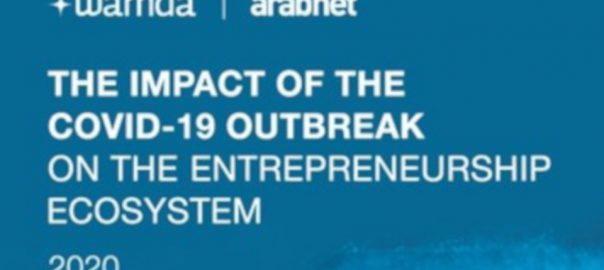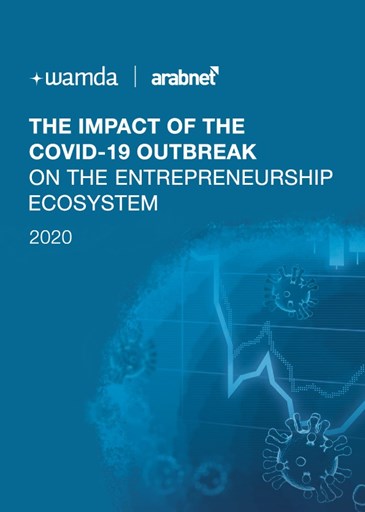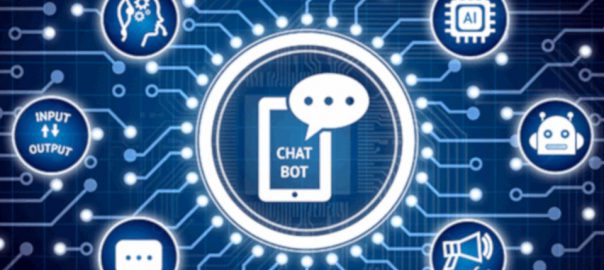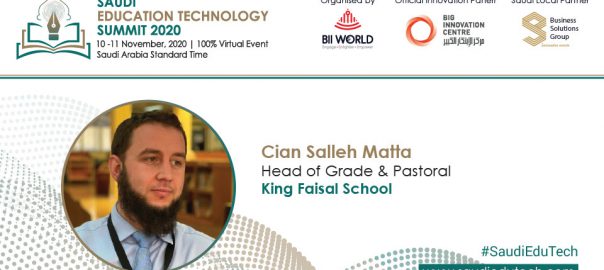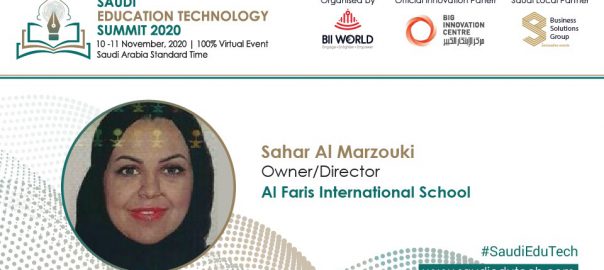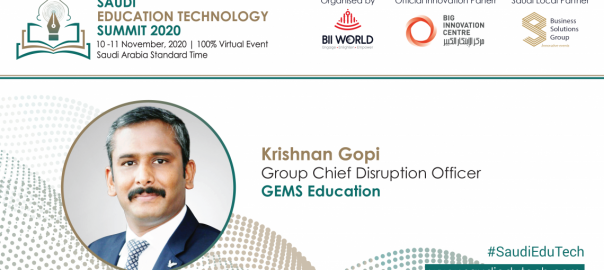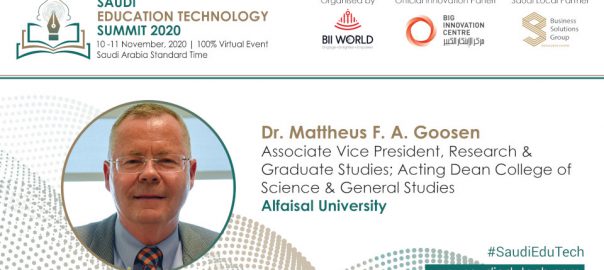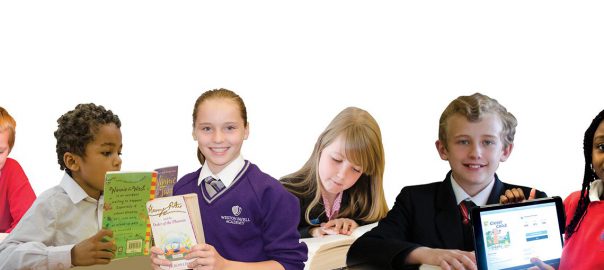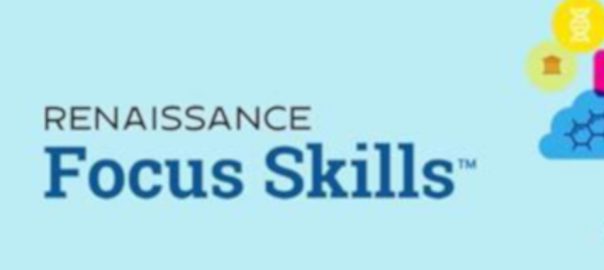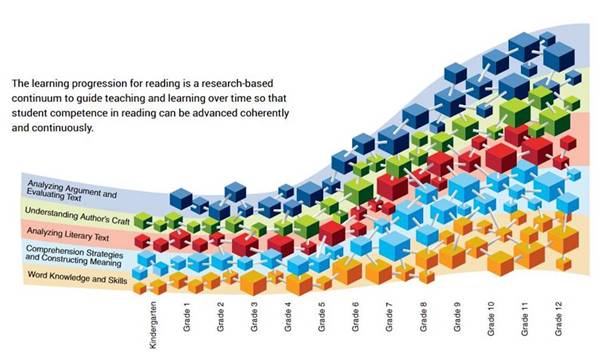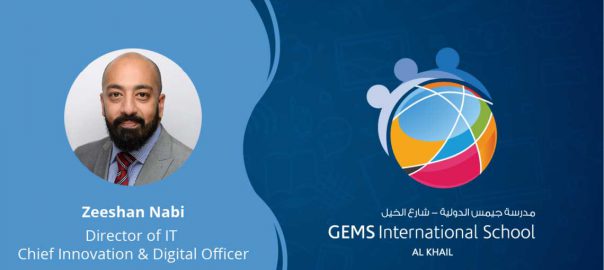Belvedere British School, UAE, United Arab Emirates
Belvedere British School Abu Dhabi is a place that strives to maintain the motto of Ad Vitum Paramus-Preparation for Life. We incorporate this motto into our curriculum through providing global, local and community topics to broaden the thinking of our Belvedere British School students.
With Renaissance Learning solutions, it is much easier to track progress. Our students enjoy using devices such as iPads, so myON has mainly engaged students who were otherwise unmotivated to read. We’ve seen a considerable increase in reading, and we’re able to establish a reading quiz tree for students to see their progress as they read more and pass more quizzes. We’re able to then reward this hard work with a prize raffle.
“We’ve since recommended Accelerated Reader and Star Reading to other schools”
We’ve since recommended Accelerated Reader and Star Reading to other schools. We love the Star Reading assessment as it is such a useful tool for new students particularly for sorting students into sets that allow teachers to provide work that is suited to the students current level of ability as highlighted by Star Reading assessments.
Similarly, the quizzes that students can carry out within Accelerated Reader after they read a book are useful to gauge interest and understanding. The information that we’re subsequently able to run off from the various reports within Accelerated Reader which outline the students’ unique reading age and the progress they’ve made throughout the academic year allows us to hold a conversation with the students about their development.
“We love the Star Reading assessment!”
The support and training that we’ve received from Renaissance Learning is fabulous, and I really appreciate the quick response to questions. Particularly, as we are abroad, sometimes I just feel helpless, and the support team always get back to me and are great at answering any questions.
For more information on how your school can implement the Complete Literacy Solution from Renaissance Learning, click here.
Source: http://www.renlearn.co.uk/success-story/belvedere-british-school-uae/
“Reading culture in our school has changed significantly since using Star Reading”
GEMS Wellington Academy, Dubai
Opened in September 2013, GEMS Wellington Academy-Al Khail is an international school dedicated to fostering a passion for excellence in learning and in life. The school delivers programmes for learning that are rooted in the National Curriculum for England.
Renaissance spoke with Cathair Hogan, Teacher and Data Assessment Leader from GEMS Wellington Academy – Al Khail in Dubai, about the profound effect Renaissance Accelerated Reader™, Star Reading™ and Star Maths™ have had on its students.
Time for change
As a school, we felt that we needed to change and update our reading system as there were a limited number of books and challenges for our children. After a few weeks of searching, we decided on Renaissance’s Star Maths, Star Reading and Accelerated Reader programs. We also needed another point for our assessment triangulation, and we believed Star Maths and Star Reading would fill that gap perfectly and ensure our judgements of progress and attainment are accurate.
One of our mandatory assessments in the UAE is the GL progress tests and being able to adjust the grade boundaries in Star Reading enables our teachers and leaders to monitor and predict our children’s grades in their end of year assessments. The diagnostic reports also allow class teachers to identify gaps and initiate interventions, so children can make rapid progress in lessons.
Encouraging independent reading
One of the key elements in education today is for children to be able to read across the curriculum. After being given a demo of Accelerated Reader, we thought that it would be a perfect tool to promote reading and further develop our children’s knowledge, understanding and love of reading across the curriculum as well as outside of home.
Children independently go to the library, choose their own book based on their ZPD (Zone of Proximal Development) and complete their books before attempting their quiz. Every morning the library is a hive of activity as children from Year 2 to Year 6 change their Accelerated Reader books.
Rewarding students
Some years groups have set up competitions rewarding children who have passed all their quizzes in the week, those who have passed the most quizzes, and those who have read the most amount of words in one week.
Because of Star Reading and Accelerated Reader, our children have much more engagement in reading, their progress and attainment levels continuously rise, and the children are much more excited by our library and books. Since we implemented Star Reading and Accelerated Reader, both progress levels and attainment levels have risen year on year.
Rising attainment and progress levels
For the children, we have clearly seen their attainment and progress levels have risen at a meteoric rate since the introduction of Accelerated Reader and Star Reader. We have also seen a huge rise in their enjoyment of reading, especially in children who were initially reluctant readers. I can honestly say that all children love quizzing on Accelerated Reader.
The reading culture in our school has changed significantly. It is now a common sight to see children reading whilst walking through the corridors, eating at lunch time and waiting in our break-out areas at the start of the day, rather than playing on an iPad.
For teachers, Star Reading adds that extra piece of crucial data which triangulates with our other assessments to give a clear and comprehensive data picture for each child.
Source: http://www.renlearn.co.uk/success-story/gems-wellington/
“A year’s worth of student progress made in just a few months!”
Sunmarke School, Dubai
Sunmarke is a new, highly-rated educational institution in Dubai, along with affiliate school Regent International School. Both are part of Fortes Education, a leading school provider established for more than two decades.
Renaissance spoke with Dolores Elliot-Wilson, Chief Librarian from Sunmarke school to discuss the impact of Accelerated Reader and Star Reading on ELL (English Language Learners), library engagement and top tips for aspiring schools.
For a new school, it was important for us to follow in the ethos of our education group, which is characterised by high-level teaching, underpinned by the science of positive psychology, well-being and happiness.
Our aim was to create a school culture where children can flourish in a variety of learning skills, including literacy, with the assistance of Renaissance products.
The introduction of Accelerated Reading in both schools has been made possible by significant financial support from our Board of Directors.
Guiding English Language Learners
At Sunmarke and Regent International School, we have a diverse range of students, without around 50% being English Language Learners. Some of these students predominantly from Korea, China and Russia arrive with their reading age ability below their chronological age, some with little to no English language skills. The challenge was to create a literacy development program to help guide these students and improve on their English.
The Star Reading assessment test is important in understanding the precise level for each student. Once we know their initial ZPD (Zone of Proximal Development) score and reading range, we can create the learning plan, coupled with Accelerated Reader to improve reading practice. With ELL students, we have seen substantial growth where some students have made a year’s worth of progress in just a few months. We expect to have a clearer view of the progress made with our next Star test in June.
More engaged in the Library
We found that students are much more engaged in the library with Accelerated Reader. For example, students visit the library for 20 minutes during an English lesson, pick out their books, and then sit and read. Initially, we saw that girls were generally more motivated to read, however now we find it to be more popular amongst boys. Previously, students used to ask the librarian what to read, but now that they know their reading ranges they independently choose the books that interest them, and then take the quiz.
Top Tips for Librarians and Teachers
For librarians, don’t underestimate the task of labelling books! Once you’ve got them on your shelves, it’s so rewarding to see the progress the children make.
My advice for teachers would be to get involved and encourage the project from the beginning! Don’t restrict children from reading, but instead try and encourage them to read suitably-challenging books from within their recommended reading ranges. Also, try and regularly look at the Diagnostic Report and see which students haven’t taken their quizzes. You may find that some children are nervous to start with, but once they have done one or two quizzes, you’ll see a growth in independence as they continue to use the program.
Source: http://www.renlearn.co.uk/success-story/years-worth-student-progress-made-just-months/
The Learning Never Stops—Using myON by Renaissance in SABIS® managed schools in Kurdistan, Iraq
SABIS®, Kurdistan, Iraq
SABIS® is a global education management organization that is backed by 132 years of success in educating students and preparing them for the future.
Today, the SABIS® Network has an active presence in the public and private sectors in 20 countries on five continents.
A team of more than 8,000 employees in the network educates over 70,000 students through the implementation of a proven, proprietary system, helping to prepare them to meet the challenges of a rapidly changing world.
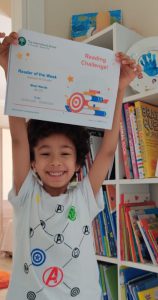
Iraq probably is not one of the first countries to come to mind when talking about online education and learning during the global pandemic. However, in the cities of Erbil, Sulaimani, and Duhok in the Kurdish region of Iraq, four SABIS® Schools are using myON to provide an online digital library for thousands of students that, due to the pandemic, are at home or in other countries. The SABIS® Network of Schools is located in 20 countries on 5 continents. All SABIS® schools implemented full-fledged e-Learning solutions as soon as schools closed due to our already developed online platforms and materials. Most students already use tablets in school to access e-books and other electronic platforms for class content and assessment.
“Little did we know at the time that the global pandemic would force all schools in Kurdistan to close at the end of February.”
CADMUS™ International School – Duhok started using myON in September. Shortly after, The International School of Choueifat—Dream City joined in November as a trial to see the benefits and added value to the students. Little did we know at the time that the global pandemic would force all schools in Kurdistan to close at the end of February for the remainder of the academic year.
The International School of Choueifat—Sulaimani and The International School of Choueifat—Erbil joined in March. With the help of our e-learning platforms and live online classes, we were able to provide the digital library to 2,900+ students in Kurdistan. The myOn program added value to the very well developed SABIS® E-Program that served as one of the best solutions presented in the middle east region to keep students involved in education during the pandemic lockdowns that affected many countries.
“We can maintain motivation by awarding electronic certificates based on the data that we can pull from the rich reporting tools in myON.”
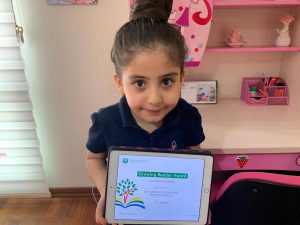
School closures make physical libraries inaccessible, and this could have severely hampered student literacy development. Yet, myON removed that limitation for our students. We can continue reading alongside our online classes and encouraging our students globally. We can maintain motivation by awarding electronic certificates based on the data that we can pull from the rich reporting tools in myON.
The benefits of myON are extensive, and we can provide literacy options to thousands of students without the limitations of physical walls. A significant obstacle of school closures for us was the prohibitive nature of trying to order and ship physical books into the region. But with myON, hundreds or thousands of books are read weekly; we now have thousands of books and quizzes being carried out regularly regardless of holidays, vacations, or physical presence at school. We can now provide rich literacy content that complements the SABIS® curriculum to our students to inspire their imaginations beyond their core academics. myON is a perfect fit for us and fits in nicely with our e-curriculum as well as our in-school setting. Reading can theoretically happen anywhere at any time. But, with myON we can make thousands of library books available to each student, making reading anywhere and anytime a reality.
“With myON we can make thousands of library books available to each student, ensuring reading can happen anywhere, anytime a reality.”
The benefits of myON are extensive, and we can provide literacy options to thousands of students without the limitations of physical walls. A significant obstacle of school closures for us was the prohibitive nature of trying to order and ship physical books into the region. But with myON, dozens or hundreds of books are read weekly; we now have thousands of books and quizzes being carried out regularly regardless of holidays. We can now provide rich content to our students to inspire their imaginations beyond their core academics. myON is a perfect fit for us and fits in nicely with our e-curriculum as well as our in-school setting. Reading can theoretically happen anywhere at any time. But, with myON we can make thousands of library books available to each student, ensuring reading can happen anywhere, anytime a reality.
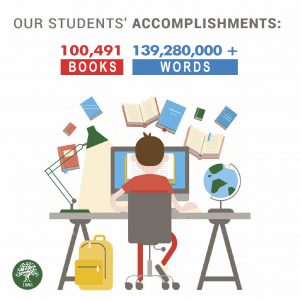
For more information on how myON can support your school, click here.
Source: http://www.renlearn.co.uk/success-story/sabis-with-myon/


